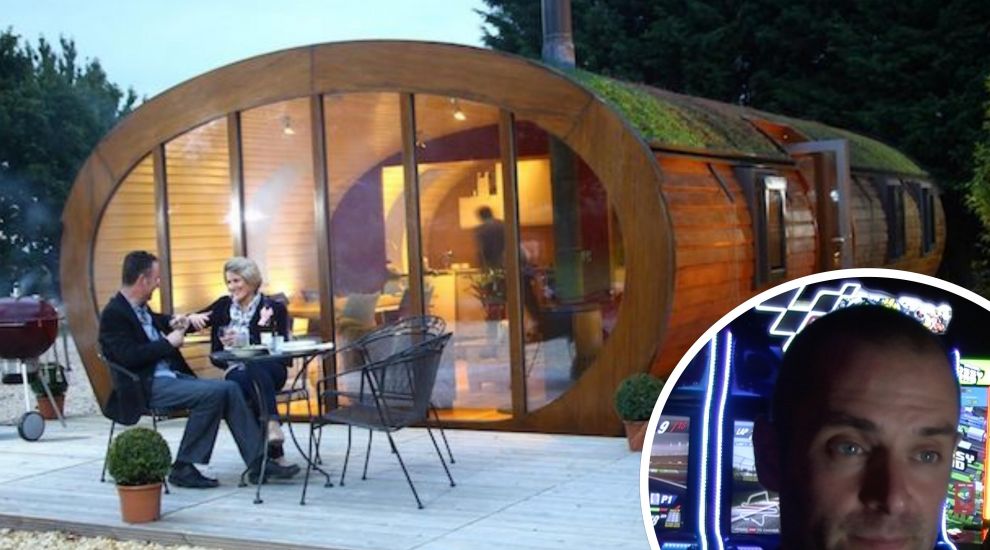

The owner of Tamba Park has officially lodged an appeal with the Royal Court against the Environment Minister's decision to reject his plans for a 'holiday village', arguing that there was "fundamental impropriety" in the form of a conflict of interest.
Jonathan Ruff is asking the Royal Court to set aside Deputy John Young's refusal and to grant both his applications to build 27 units of accommodation and a four-bedroom house next to his dinosaur-themed attraction.
The 'Notice of Appeal' states: "The evidence will show that the Respondent (Minister Young) had formed a clear view in respect of the Applications prior to his even being appointed as Minister for the Environment. The Respondent should have acknowledged that a conflict existed and should have therefore withdrawn from the decision making process.
"Having not done so, the Respondent has acted improperly and the Determination should not stand."
The document goes on to say the Minister "erred in law" in relying so much on the presumption against development in the Green Zone, while "failing to apply and give due consideration" to certain other Island Plan policies. It adds that Deputy Young "failed to take into account" representations made at the Public Inquiry.

Pictured: Independent Planning Inspector Graham Self led a Public Inquiry into the plans earlier this year.
Another ground of appeal cited in the document is the fact the Minister "erred in law in failing to properly consider the conclusions and the recommendations of the Inspector, Mr Graham Self."
Mr Self conducted a public inquiry into the plans earlier this year, which, according to figures released last week under the Freedom of Information Law, incurred a total of £25,463.20 in costs - £18,755.95 of which were inspector's fees alone.
In his report, which is attached as an appendix to the appeal notice, Mr Self said there were "flaws and weaknesses" in Mr Ruff's case. However, he suggested that the proposed development would be "beneficial in various ways." Concluding, Mr Self recommended the applications for approval, saying: "On balance, I judge that the public interest planning gains would be sufficient to overcome the objections to the proposals, including the normal presumption against most forms of urban development in the Green Zone."

Pictured: Deputy John Young, the Environment Minister, rejected the plans.
Deputy Young rejected the plans, arguing that they were in breach of the Green Zone policy, which he described as the foundation of Jersey's planning policy. He told Express: "I thought that the inspector had not given enough weight about the Green Zone which is the foundation of Jersey's Planning policy. We rejected the application for the St. Peter's housing estate for the exact same reasons and I did not see a case for making an exception for this application."
Earlier this week, Deputy Scott Wickenden, who has been sitting on the Planning Committee for the past four years, published a proposition asking for the decision to be rescinded, expressing serious concerns over the use of the word "precedent." He told Express: "Whenever a planning application comes through, you do not consider precedent. That is the first thing you learn when you join the Planning Committee.
"The Minister sets the policy. By mentioning 'precedent' in his Ministerial Decision he lays that precedent and sets it out for the future. It would mean that someone could come up with 30 other similar applications that have been approved in the past to get theirs approved, regardless of other considerations that were given. I don't accept that. Each application is different and should be judged on its own merits, not based on other applications that have previously gone before the committee."
Comments
Comments on this story express the views of the commentator only, not Bailiwick Publishing. We are unable to guarantee the accuracy of any of those comments.